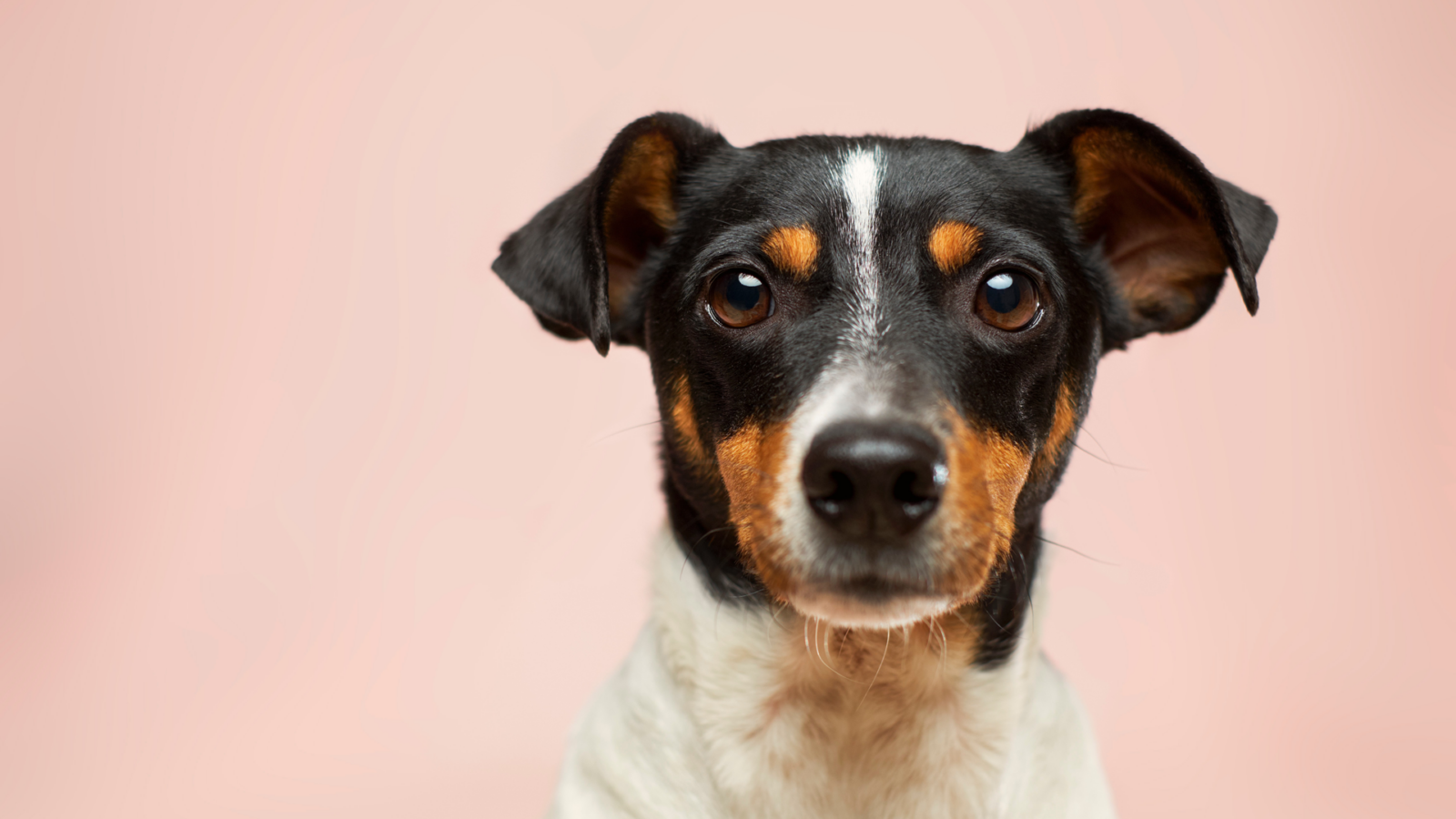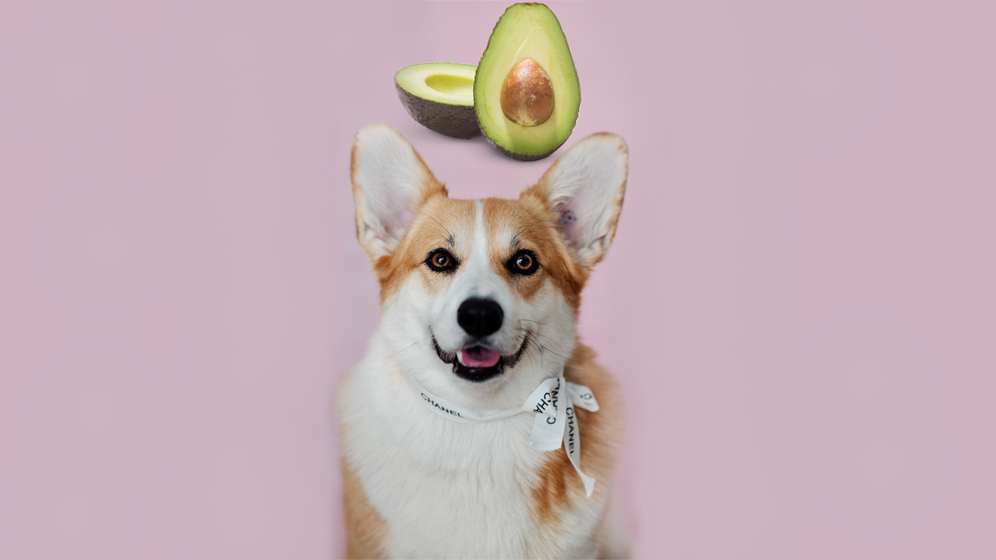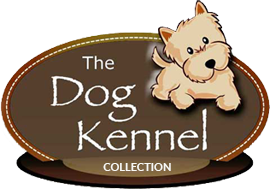
As dog lovers and dog owners, we tend to love sharing our house, family, and food with our dogs. It’s very common for dog owners who want to spoil their dogs by sharing their food and snacks. We often make the mistake of thinking food that is okay for me is also okay for my dog, right? Not necessarily, some human foods can be very dangerous to your dog’s health. Dogs digest differently than humans do, and eating the wrong food can cause health problems in the long run and even the worst can lead to death. We’ve put together a list of 10 common foods dogs should not eat that are fine for humans to eat but are very dangerous for dogs.
Table of Contents
What Foods Can Dogs Not Eat?
Before we get into the list, it’s important to remember that the foods dogs should avoid extend well beyond the items highlighted below. In addition to these, you’ll want to keep your pup away from:
- Onions: Can damage red blood cells, leading to anemia.
- Xylitol: Found in sugar-free gum and baked goods, it can cause a dangerous drop in blood sugar and liver failure.
- Alcohol: Even small amounts can lead to vomiting, diarrhea, and life-threatening complications.
- Caffeine: Found in coffee, tea, and energy drinks, it can cause restlessness, a rapid heart rate, and tremors.
- Macadamia Nuts: These can cause weakness, vomiting, and tremors.
- Raw Yeast Dough: Expands in the stomach and produces alcohol, which can cause bloating and alcohol poisoning.
- Cooked Bones: They can splinter, leading to choking or internal injuries.
- Fatty Foods: These can trigger pancreatitis, a painful inflammation of the pancreas.
- Dairy Products: Some dogs are lactose intolerant and may experience digestive upset.
- Citrus Fruits: The citric acid can irritate your dog’s stomach.
- Corn Cobs: A choking hazard that can also cause intestinal blockages.
These foods can lead to serious health issues, ranging from mild discomfort to life-threatening emergencies. If you’re ever unsure whether a food is safe for your dog, it’s always best to check with your veterinarian first.
10 Foods Dogs Should Not Eat
- Almonds
- Chocolate
- Cinnamon
- Garlic
- Ice Cream
- Tomatoes
- Raisins, and Grapes
- Raw Eggs
- Avocados
- Salty Foods
Foods Dogs Should Not Eat: Almonds

No, dogs shouldn’t eat almonds. Almonds may not be toxic to all dogs, but some dogs tend to digest almonds very poorly. Even a small amount of almonds can upset your dog’s stomach and if the almonds are salted it can lead to excessive thirst and urination, and even sodium ion poisoning. If the almonds aren’t chewed completely, they can get stuck in your dog’s windpipe, and even worse, could possibly tear the windpipe. And if your dog is vomiting after eating an almond it’s because they have eaten the almond too quickly and didn’t chew it completely, but they are constantly vomiting throughout the day they could have torn up their windpipe, so you should go see a veterinarian.
Can Dogs Eat Chocolate?
No, chocolate is very toxic to dogs. While chocolate could be very tasty for us dog owners to eat, it could be very dangerous to your dog’s health. Chocolate contains substances called methylxanthines, which can cause vomiting, diarrhea, panting, excessive thirst and urination, hyperactivity, abnormal heart rhythm, tremors, seizures, and most dangerously it can even cause death. If your dog eats a small amount of chocolate by accident, monitor them really closely throughout the day, and if you see any abnormal activity you should try contacting a veterinarian or Pet Poison Helpline as soon as possible.

Foods Dogs Should Not Eat: Cinnamon

No, dogs shouldn’t eat cinnamon. It’s not toxic to dogs, but you don’t want to feed your dog foods that have a large amount of cinnamon. It’s probably best to avoid cinnamon. Because this type of human food can leave your dog with an upset stomach. Cinnamon can cause irritation in your dog’s mouth, and inhaling cinnamon powder can cause your dog to cough, choke, and have difficulty breathing.
Can Dogs Eat Garlic?
No, dogs should not eat garlic. Garlic is very toxic to dogs but not humans. Garlic is a member of the allium family, it can be five times more toxic to dogs than any other foods that contain allium. When garlic is ingested it can cause anemia in dogs, and side effects like pale gums, elevated heart rate, weakness, decreased appetite, fainting, and reddish urine. Poisoning from garlic can have delayed symptoms. If you think your dog may have eaten some, look for any of the symptoms above and contact a veterinarian.

Can Dogs Eat Ice Cream?

No, dogs shouldn’t eat ice cream. It might be very refreshing to dog owners, and you might want to share it with your dog thinking that ice cream would refresh your dog on a hot day too, but ice cream contains a lot of sugar, so it is not good to share with your dog. Also, some dogs are lactose intolerant, which prevents them from digesting milk products properly. If you really want to give your dog something icy to refresh them, you can give your dog frozen chunks of strawberries, raspberries, apples, or pineapple as a treat.
Can Dogs Eat Tomatoes
No, tomatoes aren’t good for your dog. The green parts of the tomato plant contain a toxic substance called solanine. This can cause severe gastrointestinal distress like vomiting and diarrhea, lethargy, weakness, and even confusion. The ripened part of the tomato is considered safe for your dog. We wouldn’t recommend that you feed your dog with tomatoes even if they are ripened because your dog could possibly eat the green sides of the tomatoes and get them really sick. You should think twice before feeding your dogs something you might think is good for them.

Can Dogs Eat Grapes and Raisins?

No, dogs shouldn’t eat grapes and raisins. Grapes and raisins are known to be very toxic to dogs. Although experts still haven’t found what exactly causes grapes and raisins to be toxic to dogs, they say it’s best to avoid giving them to dogs. Grapes can cause several reactions and may even be fatal to them. Ingesting this small fruit could lead to sudden liver failure for your dogs. Eating just one or two grapes or raisins could put your dog in serious danger, so it is best to not feed them any.
Can Dogs Eat Raw Eggs?
No, dogs should not eat raw eggs. If your dog is on a raw diet, and you are feeding them uncooked eggs, you should be aware of this sickness called Salmonella, which can lead to food poisoning. The major veterinary medical associations think that uncooked eggs are bad for your dog and can potentially poison your dog. Some symptoms of salmonella are vomiting, blood in the stool, fever, and abdominal pain. If your dog shows any of these symptoms after eating a raw egg, contact the nearest veterinary or pet poison helpline.

Can Dogs Eat Avocados?

The answer is no. Avocados are potentially poisonous to your dog because they have something called persin in them. Persin is a fungicidal toxin, and it is present in the avocado fruit, pits, leaves, and actual plant, so all the parts are potentially poisonous to your dog. Which can cause serious health problems and even death in the worst cases. According to some veterinarians, dogs are more resistant to persin than other animals, but it doesn’t mean avocados are 100% safe for your dogs. It’s best to save the avocado for your toast.
Can Dogs Eat Salt?
No, dogs should not eat salt or any salty foods. You might think that sharing chips and pretzels with your dog would be no problem, but feeding your dog lots of salty food can make them seriously thirsty. Feeding your dog salty food or snacks that you enjoy can lead to sodium poisoning. Sodium poisoning symptoms are vomiting and diarrhea, panting, excessive thirst, abnormal heart rhythm, tremors, seizures, and in the worst cases, death.

Why Does My Dog Pant After Eating?

There are many reasons why your dog may be panting after eating, ranging from a normal physiological response to potential health concerns. Here are some reasons why your dog may be panting after eating:
- Natural Cooling Mechanism: Dogs pant to regulate their body temperature, so it’s normal for them to pant after eating a large or warm meal. Digesting food requires energy, which can slightly raise their body temperature. Panting helps them cool down and stay comfortable.
- Eating Too Quickly: Panting can also be your dog’s way of dealing with temporary discomfort. When dogs eat too quickly, they often swallow air and food, which can cause bloating and mild distress. Panting helps them relieve that discomfort and get back to feeling normal.
- Stress or Excitement: If your dog gets excited or anxious during mealtime, they may start panting to help calm themselves down and manage their stress or excitement.
- Gastrointestinal Discomfort: Panting can sometimes indicate an upset stomach, bloating, or even a serious condition called gastric dilatation-volvulus (GDV). GDV is a medical emergency. If your dog is panting and also shows signs like a swollen abdomen, restlessness, or retching, seek immediate veterinary care.
- Pain or Underlying Health Issues: Panting can also be a sign of other issues such as pain while chewing, swallowing sharp or abrasive food, or inflammation of the pancreas which can be caused by fatty foods. If this persists or is paired with symptons like vomiting or lethargym please consult a veterinarian.
- Allergies or Food Intolerance: If your dog is allergic or intolerant to something in their food, it can cause discomfort and lead to panting. If you notice other symptoms like itching, vomiting, or diarrhea, it’s important to consult your veterinarian.
When To See A Veterinarian
Panting after eating may not always be a source of concern, but it is best to consult a veterinarian if:
- The panting is excessive or prolonged.
- Your dog seems distressed or lethargic.
- It’s accompanied by other symptoms like vomiting, bloating, or diarrhea.
Now You Know 10 Foods Dogs Should Not Eat

Now that you know some of the common foods that your dogs shouldn’t eat, you can make sure your dog is healthy and safe. And you can even ask your vet to suggest a well-balanced dog food diet. You can still give your dog some human food as a treat, but only give them a little. Make sure if you’re sharing human food with your furry friends that the foods aren’t raw and uncooked, not fatty, or heavily seasoned. Sometimes no matter how careful you are, your dog might find and swallow something that he/she shouldn’t have. Just in case your dog eats something toxic, keep the number of your local vet, the closest emergency clinic, and the Animal Poison Control Center where you can easily access it. And don’t forget, your dog is the only thing on earth that loves you unconditionally so make sure to be aware of foods that can cause them harm.
The summer is coming up and if you are looking for ways to keep your dog cool under the summer heat, you should read our article 9 Tips to Keep Your Dog Cool in the Summer Heat. It will provide you with great tips and tricks to keep your dog cool during summer.
If you want to learn how to make some healthy and easy dog treats that your dog CAN eat, then check out our selection of dog treat recipes for your pet!
If you plan to bake some chocolate cookies or cook a meal with lots of salt and need somewhere to keep your dog away from dangerous foods, we can help! We’re happy to help you custom-design an outdoor kennel to protect your dog from harmful foods. Just contact us to get started!



